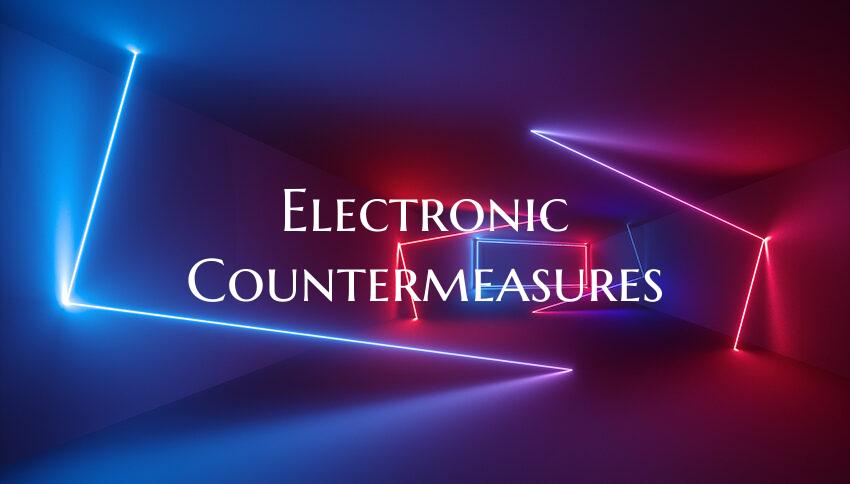Electronic Countermeasures
Electronic Countermeasures (ECM) refer to a range of technologies and tactics used to protect against or disrupt the electronic systems and communication networks of adversaries. These measures are essential in both military and civilian contexts to safeguard critical infrastructure and assets from electronic threats.
In a military setting, Electronic Countermeasures play a crucial role in securing communications, radar systems, and other electronic devices from being intercepted, jammed, or hacked by hostile forces. ECM can include techniques such as electronic warfare, signal jamming, encryption, and frequency hopping to prevent enemy forces from exploiting vulnerable electronic networks.
In the civilian realm, Electronic Countermeasures are utilized to protect essential services such as banking, telecommunications, and energy grids from cyber attacks and electronic intrusions. By employing advanced cybersecurity measures, encryption protocols, and intrusion detection systems, organizations can mitigate the risks posed by malicious actors seeking to disrupt or compromise electronic infrastructure.
The continual evolution of technology means that Electronic Countermeasures must also adapt to address new and emerging threats. This includes developing more sophisticated encryption algorithms, implementing AI-driven threat detection systems, and enhancing electronic warfare capabilities to stay ahead of adversaries in an increasingly interconnected and digital world.
In conclusion, Electronic Countermeasures play a vital role in safeguarding electronic systems and networks from malicious interference, ensuring the integrity and security of critical infrastructure in both military and civilian contexts. By staying proactive and innovative in countering electronic threats, organizations can effectively mitigate risks and maintain operational resilience in an ever-evolving electronic landscape.

